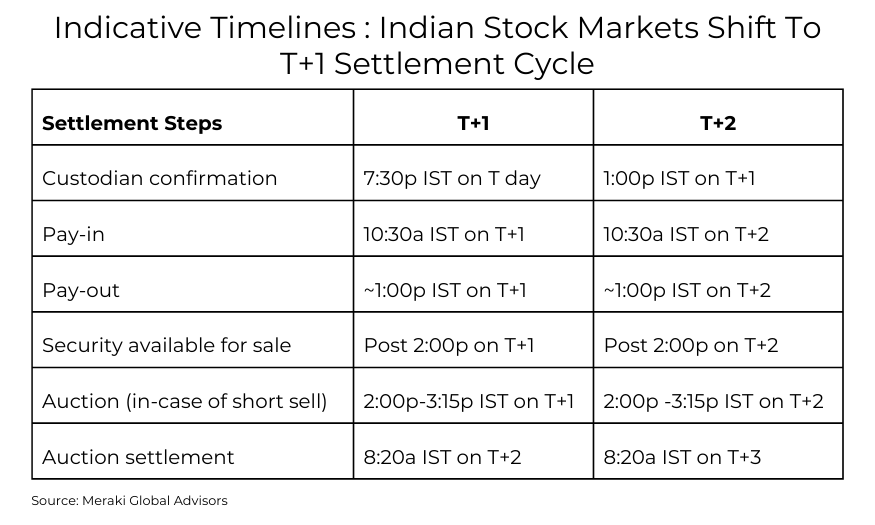Game Changer: Australia’s Right to Disconnect Bill Set to Shake Up Asset Managers’ Trading Desks
In early February 2024, in a landmark development, Australia has ushered in a new era of workplace rights with the passage of the Fair Work Legislation Amendment (Right to Disconnect) Bill. The effect date is six month from the date the Act receives royal assent. This legislation grants employees the authority to disregard unwarranted communications from their employers outside their regular working hours, with significant ramifications for non-compliance, including financial penalties and potential legal consequences.
The impetus behind this bill, spearheaded by the Fair Work Legislation Amendment, is to afford Australian workers the right to refrain from monitoring, reading, or responding to employer communication beyond the confines of their prescribed work hours. This statutory provision serves as a wall against employer overreach and seeks to rectify instances of labor exploitation, wherein employers might seek to extract additional work from their employees without commensurate compensation.
However, it’s important to note that exceptions exist for situations deemed genuine emergencies, where prompt communication may be needed. The overarching objective remains the protection of employees’ personal time and well-being from undue encroachment by employers.
The enactment of the Australian Fair Work Amendment (Right to Disconnect) Bill 2023 is poised to reshape and shake-up operational practices, particularly with Australian Asset managers. With Australian Superannuation Funds international asset allocations edging near 50%1, fund managers are now more reliant than ever on after-hours communications with their internal trading desks. Now, they may find their ability to contact in-house trading teams curtailed. There are several potential drawbacks for Australian Asset Managers:
- Missed Opportunities: Financial markets operate globally, are highly correlated, and subject to constant fluctuations. Without the ability to instantly communicate with trading teams after hours, asset managers may miss out on valuable opportunities to capitalize on market movements or address emerging risks.
- Reduced Flexibility: In dynamic market conditions, particularly during times of turmoil and volatility, flexibility is crucial for effective decision-making and risk management. Limiting communication after-hours could impede asset managers’ ability to adapt quickly to changing market conditions.
- Competitive Disadvantage: In a highly competitive industry, asset managers unable to establish an effective in-house trading desk with traders available 24×6 may lose clients to competitors. Competitors ahead of the curve that have addressed these inefficiencies and reduced drag on fund performance from implicit costs generated by maintaining sub-optimal trading operations, estimated on average to impact fund performance by 1.2 – 2.7% p.a..2
Overall, restriction on after-hours communication with trading teams could impede asset managers’ ability to operate efficiently, stay competitive, and meet client expectations. However, outsourced trading firms with traders situated beyond Australian borders, like Meraki Global Advisors, which operates locations in Park City, UT, and Hong Kong, could provide a solution by offering seamless, round-the-clock trading services while adhering to the legal and regulatory framework.
Meraki Global Advisors operates in multiple time zones, allowing them to provide trading services during Australian after-hours when the local market is closed. This enables Australian asset managers to access global markets efficiently outside regular trading hours. With the option to outsource trading services, Australian asset managers gain flexibility in managing their operations. They can leverage the expertise and resources of their outsourced partner to handle trading activities beyond regular working hours, enabling them to focus on other strategic aspects of their business.
Meraki Global Advisors eliminates investment managers’ implicit and explicit deadweight loss resulting from inefficient trading desk architectures. Their trading services also offer cost advantages compared to maintaining an in-house trading team for after-hours, allowing the asset manager to pass through these trading services costs no differently than the multi-manager platforms have been, while simultaneously leveling up the experience and pedigree of their trading team. This cost efficiency becomes more appealing as Australian asset managers seek to optimize operations while adhering to new regulations. By spreading their trading activities across different jurisdictions, they can mitigate the risk of disruptions caused by local regulations or market events impacting a single location.
About Meraki Global Advisors
Meraki Global Advisors is a leading outsourced trading firm that eliminates investment managers’ implicit and explicit deadweight loss resulting from inefficient trading desk architectures. With locations in Park City, UT and Hong Kong, Meraki’s best-in-class traders provide conflict-free 24×6 global trading in every asset class, region, and country to hedge funds and asset managers of all sizes. Meraki Global Advisors LLC is a FINRA member and SEC Registered and Meraki Global Advisors (HK) Ltd is licensed and regulated by the Securities & Futures Commission of Hong Kong.
For more information, visit the Meraki Global Advisors website and LinkedIn page
Contact:
Mary McAvey
VP of Business Development
(646) 666-7041
mm@mga-us.com


